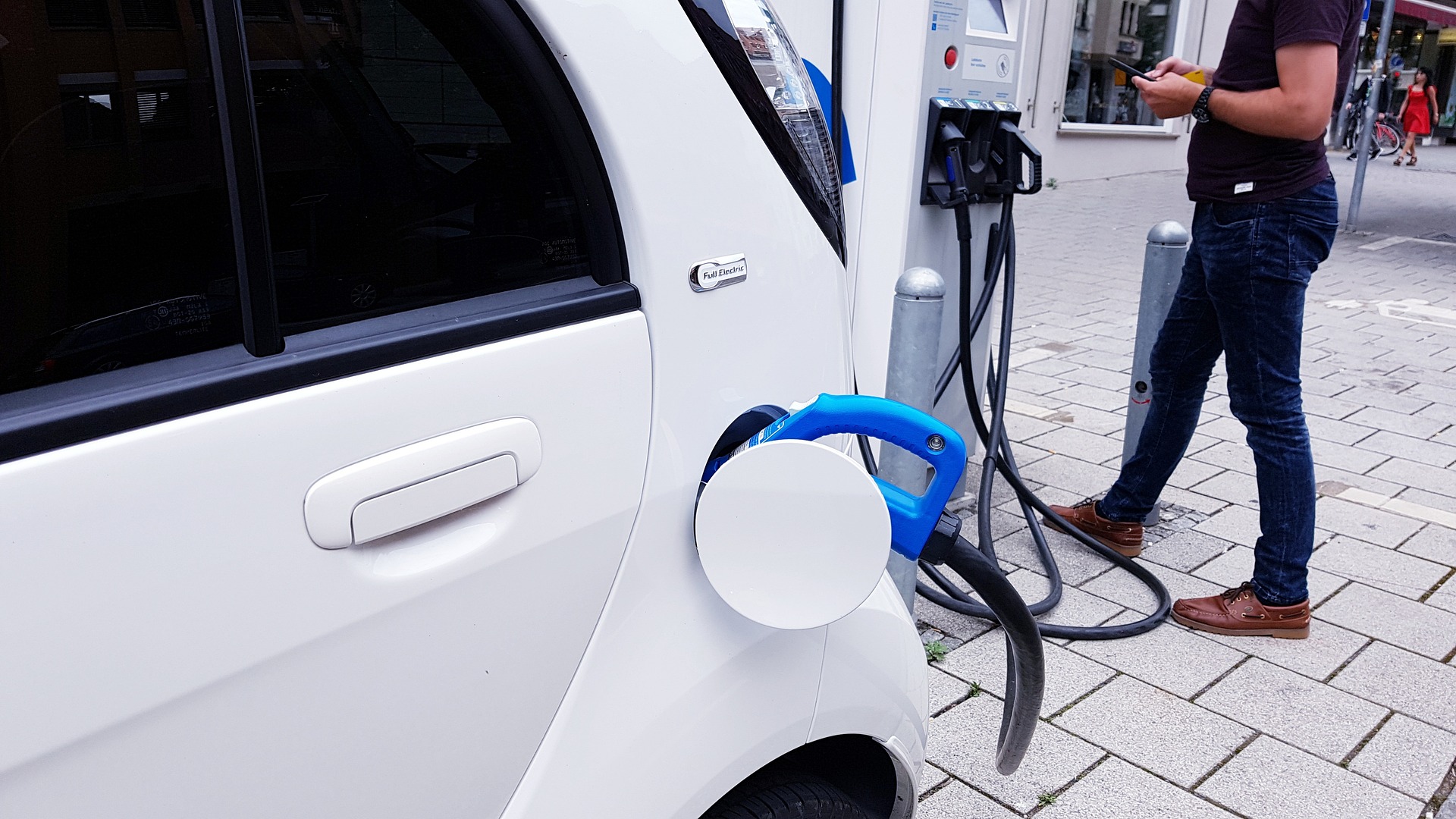The Complete Guide to Portable EV Chargers: Flexibility and Reliability on the Go
As electric vehicle adoption accelerates across America, portable EV chargers have emerged as essential accessories for modern drivers. These compact charging solutions provide peace of mind and flexibility, ensuring you're never stranded with a depleted battery. Whether you're planning a cross-country road trip or simply want backup charging capability, understanding portable EV chargers can transform your electric driving experience from anxiety-inducing to confidently liberating.

What Are the Benefits of Portable EV Chargers for Emergency Use?
Portable EV chargers offer unparalleled flexibility for electric vehicle owners, serving as a crucial backup when public charging stations are unavailable or out of service. These devices provide emergency charging capabilities that can add 20-50 miles of range during overnight stops, potentially making the difference between reaching your destination and being stranded.
The convenience factor extends beyond emergencies. Portable chargers allow you to power up at any standard electrical outlet, whether at a friend’s house, hotel, or campground. This flexibility eliminates range anxiety and opens up travel possibilities that might otherwise seem risky with limited public charging infrastructure in certain areas.
Many portable chargers also feature smart connectivity options, allowing you to monitor charging progress remotely through smartphone apps. This technology integration helps optimize charging times and provides valuable data about your vehicle’s energy consumption patterns.
How Do Level 1 and Level 2 Portable Chargers Differ?
Understanding the differences between Level 1 and Level 2 portable chargers is crucial for selecting the right charging solution for your needs. Level 1 chargers operate on standard 120-volt household outlets and typically deliver 2-5 miles of range per hour of charging. While slower, these chargers are universally compatible with any standard outlet and require no special electrical installation.
Level 2 portable chargers require 240-volt outlets, similar to those used for electric dryers or ovens. These units can deliver 10-60 miles of range per hour, depending on your vehicle’s onboard charger capacity and the unit’s power output. Level 2 chargers are ideal for overnight charging sessions or situations where you need significant range quickly.
The trade-off between convenience and speed defines the choice between these options. Level 1 chargers offer ultimate portability and outlet compatibility, while Level 2 units provide faster charging but require specific electrical connections that may not be available everywhere.
Which Features Should You Prioritize in a Portable Charger?
Key features to consider when selecting a portable EV charger include adjustable amperage settings, weather resistance, and safety certifications. Adjustable amperage allows you to optimize charging speed while preventing circuit overloads, particularly important when using older electrical systems or sharing circuits with other high-power devices.
Weather resistance rated at IP65 or higher ensures your charger can withstand outdoor conditions during camping trips or emergency situations. Look for units with robust cables and connectors that can handle repeated coiling and temperature extremes without degrading performance.
Safety certifications from UL, ETL, or similar organizations indicate the charger meets rigorous electrical safety standards. Additional safety features like ground fault protection, temperature monitoring, and automatic shutoff capabilities protect both your vehicle and the electrical system you’re connecting to.
How Should You Use and Store Your Portable EV Charger?
Proper use and storage of your portable EV charger extends its lifespan and ensures reliable performance when needed. Always inspect outlets before connecting your charger, looking for signs of wear, loose connections, or damage that could create safety hazards. Test the outlet with a simple device first to verify proper grounding and electrical integrity.
When using your portable charger, avoid extension cords whenever possible, as they can create voltage drops that reduce charging efficiency and potentially cause overheating. If extension cords are necessary, use heavy-duty, outdoor-rated cords with appropriate gauge ratings for the charger’s amperage requirements.
Storage best practices include keeping the charger in a dry, temperature-controlled environment and coiling cables loosely to prevent wire stress. Many portable chargers come with carrying cases that protect against dust and moisture while keeping all components organized for quick deployment.
What Advanced Features Define 2025 Portable EV Charger Models?
Trending portable EV charger models in 2025 showcase significant technological advancements, including Wi-Fi connectivity, smartphone app integration, and advanced scheduling capabilities. These smart features allow remote monitoring and control, enabling users to optimize charging based on electricity rates or renewable energy availability.
Many newer models incorporate LED displays showing real-time charging data, including voltage, amperage, and energy delivered. Some advanced units feature load balancing capabilities that automatically adjust charging rates based on available electrical capacity, preventing circuit overloads in older buildings.
Vehicle-to-load (V2L) compatibility is emerging as a premium feature, allowing some portable chargers to work bidirectionally, enabling your EV to power external devices during camping trips or power outages. This functionality transforms your electric vehicle into a mobile power station capable of running appliances, tools, or emergency equipment.
| Charger Model | Brand | Power Output | Key Features | Estimated Price |
|---|---|---|---|---|
| ClipperCreek LCS-25P | ClipperCreek | 20A Level 2 | NEMA 14-50 plug, 25ft cable | $650-750 |
| MUSTART Level 2 | MUSTART | 32A adjustable | Smart app control, weatherproof | $280-350 |
| Lectron Level 1 | Lectron | 12A portable | Compact design, temperature monitoring | $180-220 |
| ChargePoint Home Flex | ChargePoint | 50A Level 2 | WiFi enabled, scheduling features | $700-800 |
Prices, rates, or cost estimates mentioned in this article are based on the latest available information but may change over time. Independent research is advised before making financial decisions.
The portable EV charger market continues evolving rapidly, with manufacturers focusing on improving charging speeds, reducing weight, and enhancing user experience through smart technology integration. As electric vehicle adoption grows, these portable solutions become increasingly important for maintaining the freedom and spontaneity that defines American driving culture, ensuring that going electric doesn’t mean giving up adventure or peace of mind on the road.






